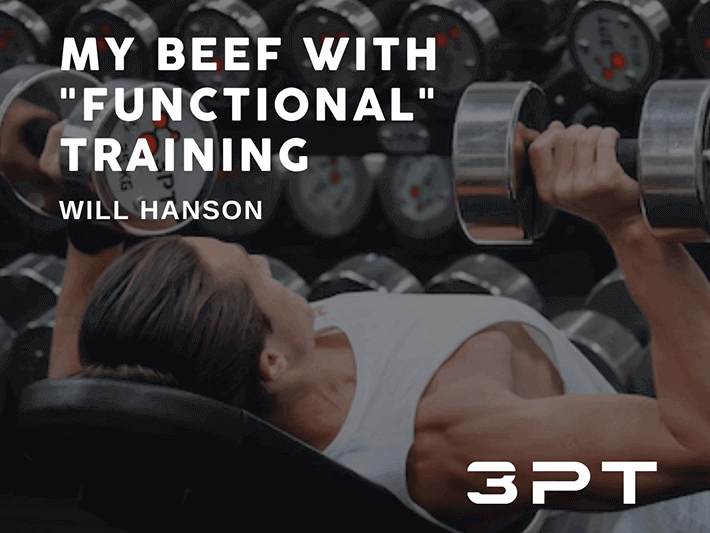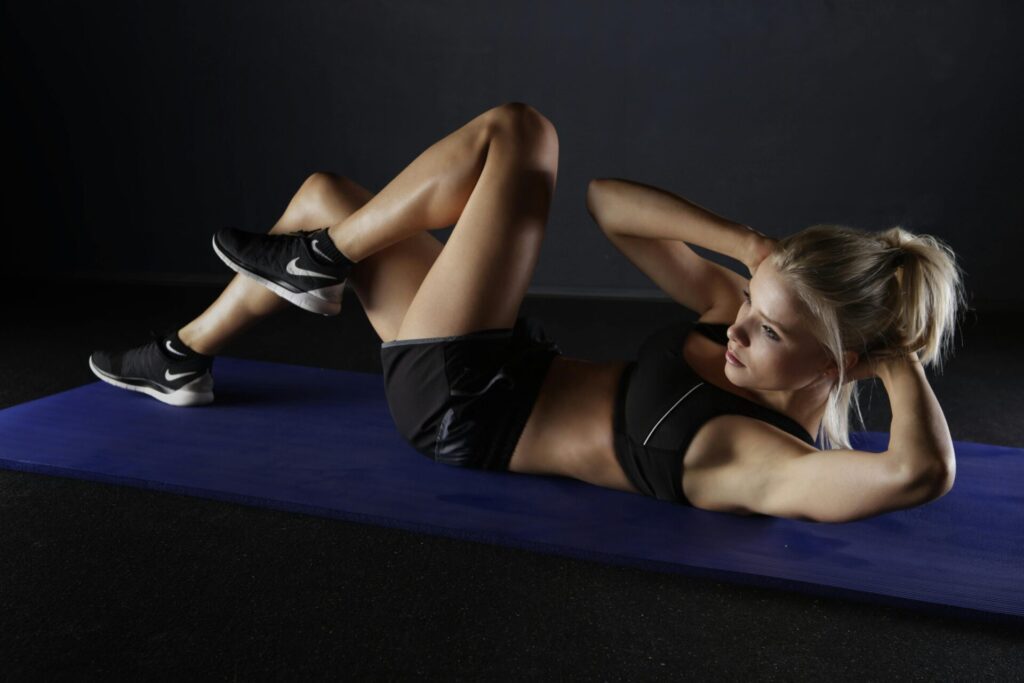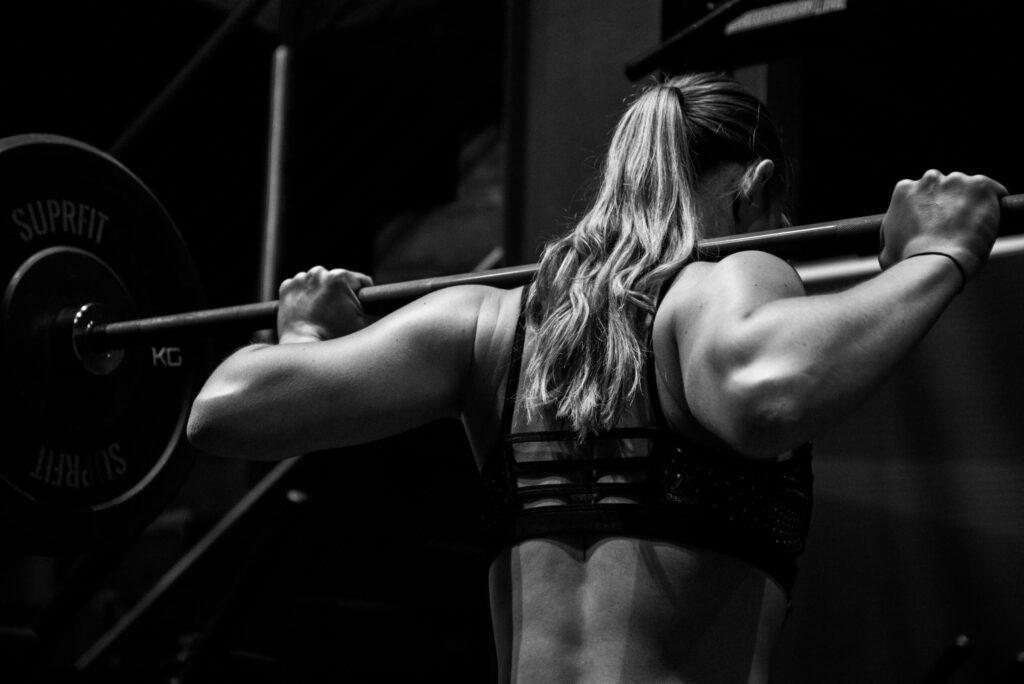The term ‘functional training’ will always be one that shows crops up in the fitness industry. If you ask 10 people what functional training means to them you’ll likely get a few different answers but I’d put money on the majority of people who believe they are doing functional training are doing it as they believe it will carry over into their everyday tasks. Directing your training in a way that will help you more easily complete life’s everyday task is a perfectly fine goal, the way in which some set out to achieve this I believe is questionable. Whilst I think any activity that gets people moving is great, my goal is to educate on how you might do it better. So let’s explore functional training further.
Firstly, lets get rid of the term functional training. If you replace the word ‘function’ with ‘purpose’ then it suggests that your training should suit or be directed at a specific purpose. That purpose could be
-
Perform better at work
-
Rehab injuries
-
Get injured less
-
Get swole!
Therefore all training is functional if it serves a purpose. If we wanted to correlate ‘purpose’ to one of the training principles then you would arrive at specificity. Training needs to be ‘specific’ meaning that if you have a goal then your training needs to be specific to that goal. As a coach if someone asks me why they are doing a specific exercise, I guarantee I’ll have an answer that is specific to their goal. If you’re a client of a coach you should test this! Ask your coach why they gave you what they did and see what they say. If they give an answer that doesn’t relate to your goals then that’s something you may want to address.
Now that’s been explained, let’s rewind back to what I believe most people picture when someone says functional training. That is, training in a way that gives you increased strength to perform everyday tasks safer and more efficiently. What’s then happened in today’s industry is that ‘functional’ has been interpreted in a way that essentially means “how can we take an exercise and make it as difficult as possible.” This is then done through the use of:
-
Unstable surfaces (big one)
-
Taking away parts of the body that would normally be used to complete a task
-
Turning a conventional movement into something radically different
-
Combining movements
-
All of the above
My argument would be that in doing any of the above, are you actually making your training as functional (specific) as you think? Does making exercises harder through the use of these techniques make it easier to complete everyday tasks?
If I wanted to build strength through my legs then I think we can all agree the basic squat and hinge patterns performed normally will allow for larger strength increases than performing a squat on an unstable surface such as a bosu ball.
“But bosu ball squats are great for balance and core stability”.
Well first, you don’t walk around on balloons all day. Second, heavy squats and deadlifts require enormous amounts of core stability and engagement, especially as loads increase overtime. Furthermore, you can train your core with specific core exercises. If the exercise is aimed at building leg strength then do it in a way that allows you to maximise this and this is achieved by ensuring that the limiting factor to that exercise is the ability of the target muscle to complete it, not balance.
Manipulating and adding complexity to exercises in the pursuit of ‘functional’ training can be taken too far and to a point where I strongly believe that the exercise likely isn’t doing much for you at all. I’d argue that there are not many times in life that you will have to pick something up off the ground, while standing on an unstable surface with 1 leg and holding a DB out to your side. It’s much more likely you’ll encounter something heavy that you need to lift off the ground in a safe manner i.e brace through your core and use your legs to perform the task. Sounds familiar right (deadlifts).
In summary, training is only functional if it’s specific and directed towards your goal. Functional doesn’t mean complex and in most cases being as strong as you can be in the most basic movement patterns and therefore exercises is what will make your training optimally functional.







